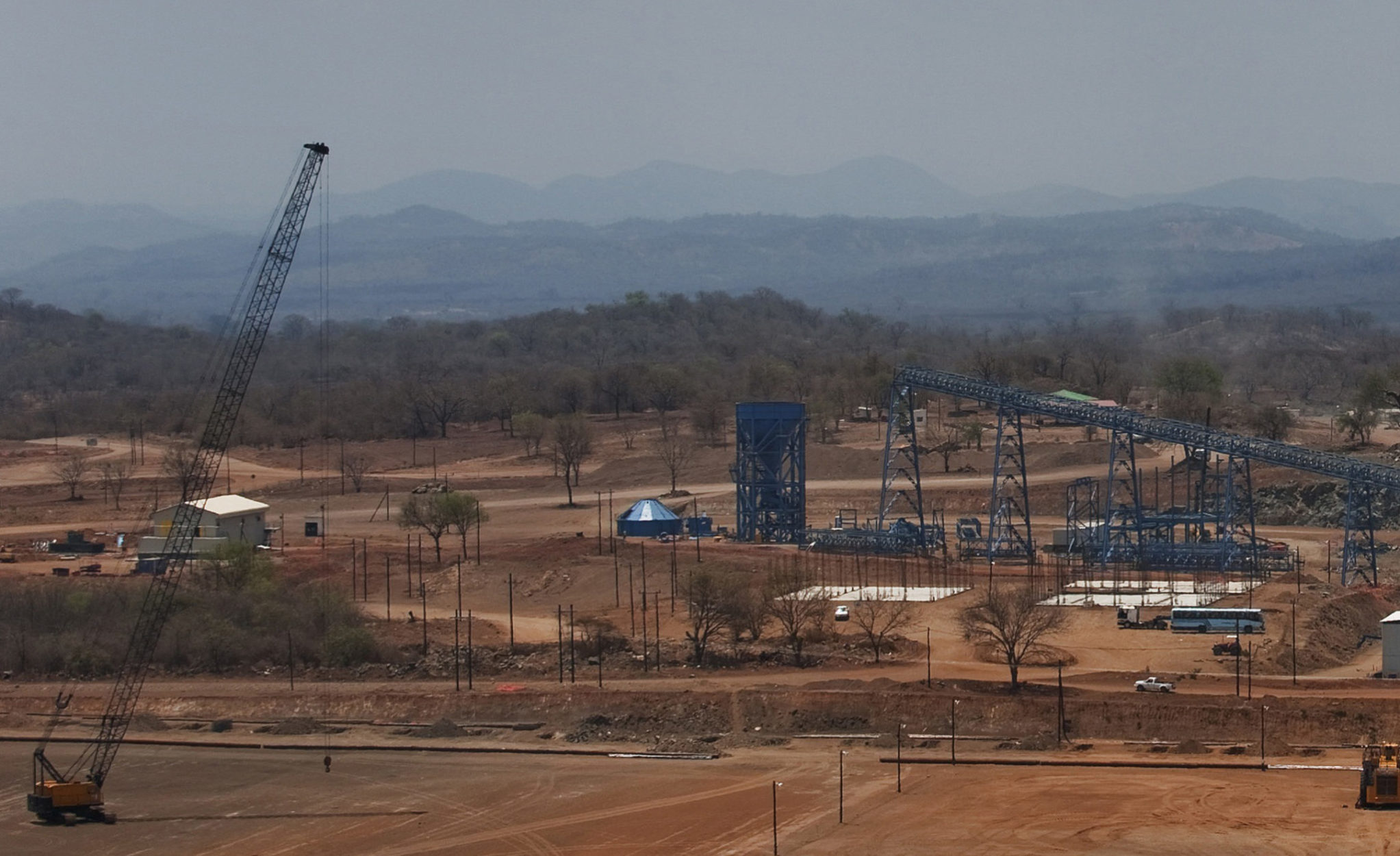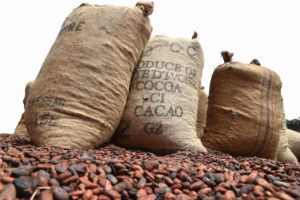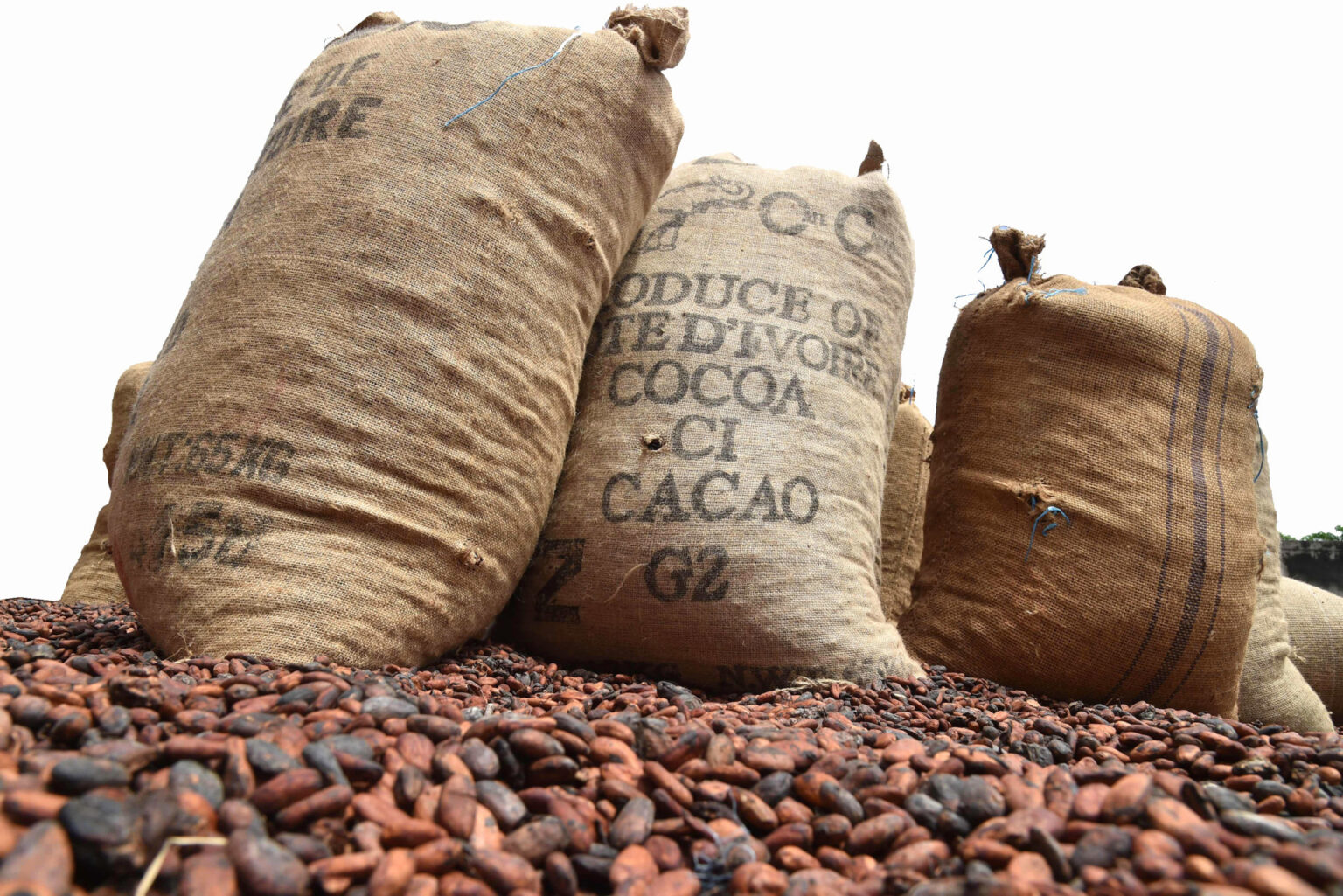
The prevailing trust deficit between sub-Saharan governments and mining companies could be bridged by better governance on both sides
A dispute between South Africa’s Chamber of Mines and the department of mineral resources over the latest iteration of the Mining Charter highlights two major hurdles confronting the mining industry in Africa. The first is a trust deficit between extractive industry companies and host governments. The second is a propensity by host governments to make unilateral decisions.
Suspicion towards the extractive industries is not new. A long history of colonial exploitation of mineral and hydrocarbon resources has led to a refrain – repeated in a background briefing by the International Study Group (ISG) to the Africa Mining Vision in 2009 – that “the extraction industry is characterised by enclaves of mining activities with very weak links to local economies”. The general view is that mining companies are foreign dominated, they don’t transfer skills, knowledge and technology to local populations, and repatriate their profits to foreign shareholders.
Governments across the continent tend to accuse companies of avoiding taxation and of providing insufficient employment and other benefits for local communities. These accusations are usually a function of some combination of truth, perceptions of unfairness and political expedience.
As far as the truth element is concerned, an independent review of the Marikana Commission of Inquiry by Dick Forslund, senior economist at the Alternative Information and Development Centre (AIDC), found that Lonmin – the company where a workers’ strike in 2012 for a minimum wage of $960 a month resulted in the most notorious police violence against a crowd since apartheid
– could have afforded the increase but chose not to. Furthermore, the financial statements of Lonmin subsidiaries Western Platinum Ltd (WPL) and Eastern Platinum Ltd revealed that WPL was a shell marketing company based in Bermuda, a tax haven.
Forslund notes that: “it is not hard to imagine cases where the transfer of money to a bank account in a tax haven only benefits a self-appointed group of insiders with exclusive access to this account”. Lonmin told the commission that WPL was moved out of Bermuda in 2007. Forslund said, however, that this appeared to be contradicted by WPL’s financial statements. The truth, he argued, was that WPL was not selling platinum in Bermuda, but was collecting a commission for doing so.

“The investigation showed that, starting from 2006, commissions and fees were substantially higher than the 2% and 1.9% of WPL’s revenue that was stipulated in the inter-company agreement [between Lonmin and WPL],” the report concluded. More generally, as Martin Meredith shows in Diamonds, Gold and War: the British, the Boers, and the Making of South Africa (2007), the foundations of extractive institutions were laid by colonial mining companies such as De Beers, although many have since cleaned up their governance. Yet, unethical but legal practices remain.
Perceptions of unfairness often result from information asymmetry. In Tanzania, for example, the government recently accused Acacia Mining, a subsidiary of Canadian major Barrick Gold, of “illegally under-reporting the amount of metal in its shipments and evading billions of dollars of taxes”, according to the Financial Times. “The revenue authority’s assessments said Acacia owes the government approximately $40bn in unpaid taxes, plus a further $150bn in penalties and interest.”
The impact has been severe, as Acacia’s share price has dropped significantly. In response, the company warned that it would mothball its flagship mine if it could not reach an agreement with the government. This dispute precipitated a unilateral government decision in March 2017 to ban exports of gold and copper concentrates. While Acacia perceives that it is being unfairly treated and that the rules of the game are unstable, the government perceives that Acacia is not fully or honestly disclosing the quantity of gold it is actually exporting, and that it is being dishonest in its tax practices.
Across the continent, geological information asymmetry abounds – largely because governments do not have comprehensive geological surveys. Consequently, governments are unable to auction off sites with proven reserves, as is common in the oil industry. Governments feel aggrieved that they cannot extract rents upfront, but have to instead attract investment by offering exploration and production licences for relatively little money, only earning royalties in the future if a prospect proves successful.
Governments find it is easy to blame foreign mining companies for a host of social ills. Lonmin did itself no favours by failing to provide housing as it had promised in its social and labour plans. Though it may only apply to a small minority of offenders, the growing perception among governments is that mining companies represent neo-colonial exploitation.
This is an expedient political message from which to extract rents from companies already operating in host countries. But, as President John Magufuli’s recent actions in Tanzania show, this approach might fail to extract sustainable rents and at the same time deter new investment. While the message that mining companies are guilty of repatriating profits back to shareholders in wealthy countries might resonate with electorates, this one-sided view ignores the benefits that mining could bring to these countries if proper governance was in place.
This trend of unilateral decision-making is being fuelled by a renewed wave of resource nationalism. Despite persistent low commodity prices and the associated difficulty of attracting investment into the mining industry, governments across the continent appear to be reverting to a development model emblematic of the 1960s. The idea is that minerals and metals mined locally should be converted to higher-value products in the country before being exported.
But, as Chris Roberts shows in a recent paper in the Cambridge Review of International Affairs: “The ‘other resource curse’ – the prevailing assumption that natural resources can easily be monetised to generate public goods and leveraged for industrial transformation – lies behind recurring policy disappointments since the independence era.”
Alternatively, governments view the royalties they are charging as insufficient, sometimes increasing them overnight. These ideas have had demonstrable negative consequences. Governments are not unaware of the historical problems with this approach to development, but they insist on it nonetheless, sometimes out of desperation, given the need to fuel patronage machines.
In South Africa, the minister of mineral resources has gazetted a highly controversial mining charter that places the burden on mining companies to “transform” the industry’s racial stratification. In the process, it has ignored the response of the Chamber of Mines, whose members ultimately have to implement the charter. The trust deficit has deteriorated to the point where most disputes are now being resolved through the courts.
In another example of unilateralism, in early 2015 the Zambian government raised a mineral royalty tax increase from 6% to 20% for opencast mines. In Guinea, the government kept changing the rules of the game for Simandou, a tier-one iron ore deposit. This led to a number of difficulties and an ongoing court case between Beny Steinmetz Group Resources (BSGR), which initially held the rights to the deposits, and Rio Tinto, which ended up paying a $700m “settlement agreement” to the government after it was awarded rights the government removed from BSGR.
The project looks further away from production now than ever before. We have already remarked on the likely effects of a one-sided decision in Tanzania. Constant changes to the rules of the game of this kind break trust and deter investment.
As Philip Keefer and Stephen Knack note in the Handbook of New Institutional Economics, levels of trust and trustworthiness vary greatly between countries, and lower levels can have a significant negative impact on economic outcomes and development. Without trust, credible commitment to honouring contracts is absent. Investment is consequently unforthcoming.
This might look like an obvious diagnosis, but it is difficult to treat. “The challenge for development theorists and policymakers alike is to identify the mechanisms that will create, nurture and sustain the types and combinations of social relationships conducive to building dynamic participatory societies, sustainable equitable economies, and accountable developmental states,” the authors comment.
One such mechanism would be to demonstrate the benefit to companies and governments alike of adopting governance mechanisms such as those included in the King IV Report on Corporate Governance for South Africa, which contains 17 principles of good governance that would create an ethical culture, good performance, effective control and legitimacy. Those outcomes depend on ethical leadership as the foundation upon which the principles can be applied.
Until electorates become more adept at holding their governments to account, however, these and other governance mechanisms remain mere pieces of paper.
[author] [author_image timthumb=’on’]https://digitalmallblobstorage.blob.core.windows.net/wp-content/2018/01/AiF-44-Harvey.jpg[/author_image] [author_info]Ross Harvey is currently pursuing a PhD in economics at the University of Cape Town. His research examines why Angola and Nigeria have moved in different political directions despite being equally dependent on oil exports and revenues. He is the lead researcher at the South African Institute of International Affairs on extractive industry governance, housed in the Governance of Africa’s resources programme. [/author_info] [/author]

Dr Ross Harvey is a natural resource economist and policy analyst, and he has been dealing with governance issues in various forms across this sector since 2007. He has a PhD in economics from the University of Cape Town, and his thesis research focused on the political economy of oil and institutional development in Angola and Nigeria. While completing his PhD, Ross worked as a senior researcher on extractive industries and wildlife governance at the South African Institute of International Affairs (SAIIA), and in May 2019 became an independent conservation consultant. Ross’s task at GGA is to establish a non-renewable natural resources project (extractive industries) to ensure that the industry becomes genuinely sustainable and contributes to Africa achieving the Sustainable Development Goals (SDGs). Ross was appointed Director of Research and Programmes at GGA in May 2020.



